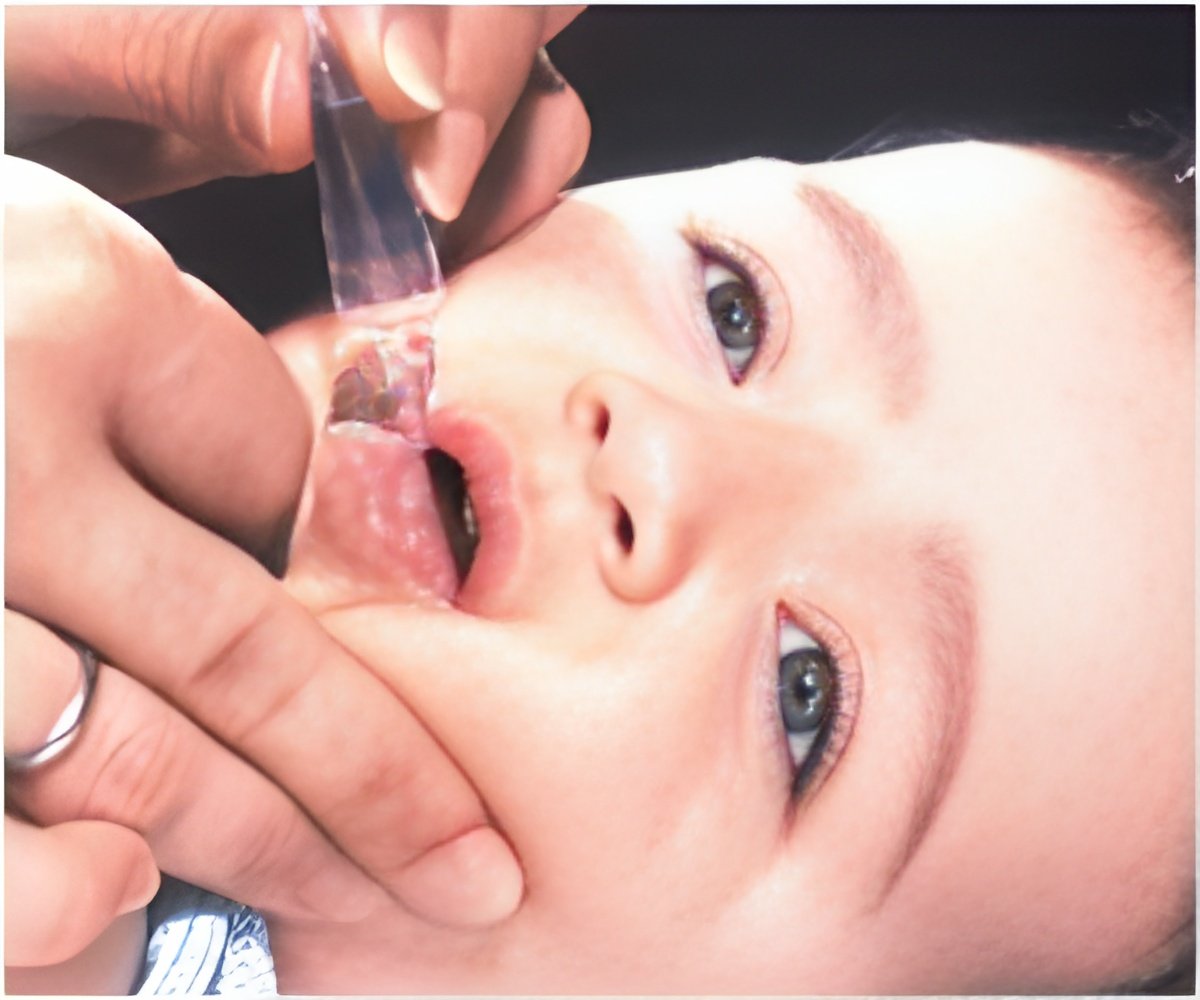A Rotavirus vaccine was introduced in the past however it had to be withdrawn since 1 out of 10000 infants administered the vaccine suffered a serious complication called intussusception.

Following this, two new vaccines were approved to prevent Rotavirus infection – RV5 and RV1. Researchers recently conducted a study to determine the incidence of intussusceptions with a Rotavirus vaccine RV1 in Mexico and Brazil between the years 2008 and 2010. They found that there was an increase in intussusceptions cases after the first or second dose of the vaccine in Mexico and after the second dose in Brazil. Intussusception was seen in approximately 1 per 51,000 infants in Mexico and approximately 1 per 68,000 infants in Brazil. Five infants died due to the complication.
Though the risk for intussusceptions with the vaccine is real, the researchers feel that the risk is too low and draw our attention to the benefits of the vaccine. According to them, the vaccine prevented approximately 80,000 hospitalizations and 1300 deaths from diarrhea each year in these countries. The researchers also feel that the risk for intussusception is short term and advise continued use of the vaccine.
Reference:
Manish M. Patel et al. Intussusception Risk and Health Benefits of Rotavirus Vaccination in Mexico and Brazil. N Engl J Med 2011; 364:2283-2292
Source-Medindia












